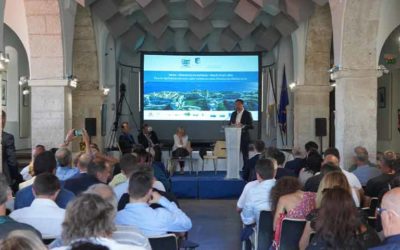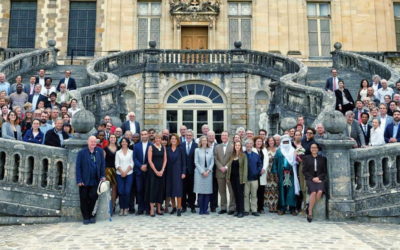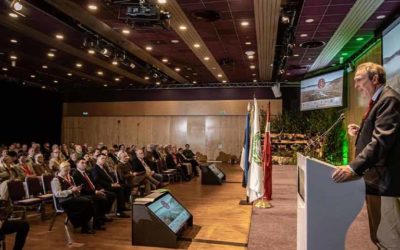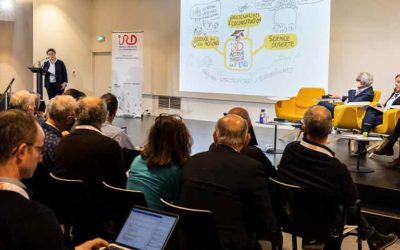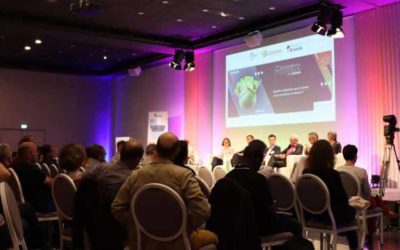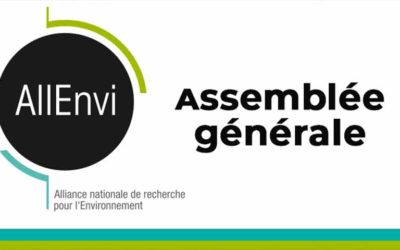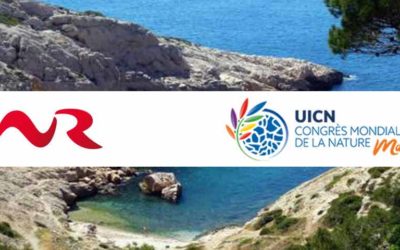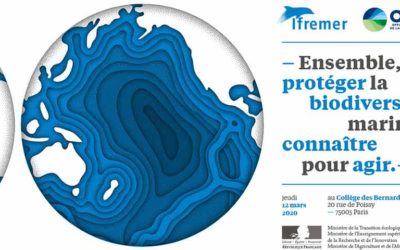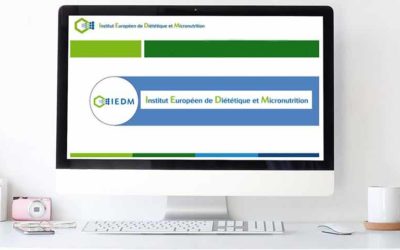Our work
Groundwork for the First Local Government Summit at the IUCN World Conservation Congress in Marseille
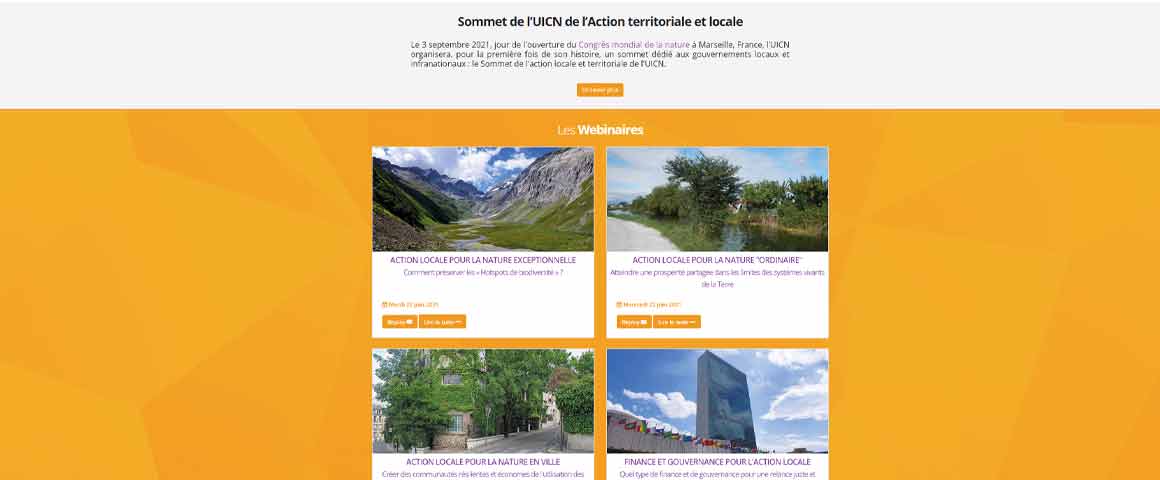
2020… Opening the IUCN to local authorities
For the IUCN, the World Conservation Congress is like a General Assembly. This global organization brings together 160 countries and over 1,300 nature conservation organizations. On the agenda of the General Assembly scheduled to take place in Marseille in 2020 was opening up IUCN membership to local authorities.
With this in mind, the IUCN decided to organize a Local Government Summit for the first time in its history, and entrusted Chances Conseil with its preparation.
The mission consisted in defining the concept of this Summit, its objectives and searching for associated funding.
The COVID pandemic led France and the IUCN to postpone the Congress, while negotiations for the UN Biodiversity Conference (COP15) continued online. Chances Conseil therefore took advantage of this delay before the actual World Conservation Congress to prepare for the Summit.
Chances Conseil’s proposal
Positioning in line with the IUCN’s DNA in supporting local authorities.
Chances Conseil identified two major challenges for this preparatory work:
- Showing local authorities what the IUCN can do for them, particularly in the run-up negotiations to the COP15,
- Preparing the IUCN for this major change in its statutes: opening up the possibility for local authorities to join the Union would considerably expand the number of potential members.
Chances Conseil’s approach followed this logic:
The momentum of the Edinburgh Process, which aims to see the decision to renew and reinforce the Action Plan of sub-national governments for biodiversity, adopted at COP15, shows the strength of existing local networks such as IUCN member ICLEI.
Positioning the IUCN as a complement to existing local networks
The IUCN is well known to local authorities for its expertise in the field of nature: it is thanks to the work of its Scientific Commissions that the Red Lists of endangered species are drawn up, serving as a basis for nature protection measures. It is also thanks to the work of the IUCN that UNESCO awards the prestigious “World Heritage” label to nature sites.
In addition, the IUCN has joined forces with R20 to create a blended finance fund: the Subnational Climate Fund. Aimed at local authorities, this fund is designed to facilitate their access to funding in order to enable them to implement mitigation and adaptation solutions.
Realization
4 webinars to understand how to protect different natural areas, identify the means to do so, what type of funding to mobilize and what governance framework to put in place.
Based on the observation that, on the one hand, a biodiversity hotspot, a forest – even if sustainably exploited – and an urban green space are not preserved or managed in the same way, and that, on the other hand, project governance and funding vary according to the type of action undertaken, Chances Conseil chose to organize 4 webinars:
- 3 webinars addressing the role of local authorities in managing exceptional nature (biodiversity hotspots), “ordinary” nature (the kind from which we draw most of our resources) and nature in the city (the kind that makes our cities more bearable).
- 1 webinar about Finance & Governance for local action: What kind of finance and governance for a green and fair recovery?
Thanks to the support of Expertise France via the Post 2020 Biodiversity Framework program, and the French Office for Biodiversity, these 4 webinars brought together speakers from all over the world. Chances Conseil also handled communication on social networks and the production of summary videos of these webinars.

